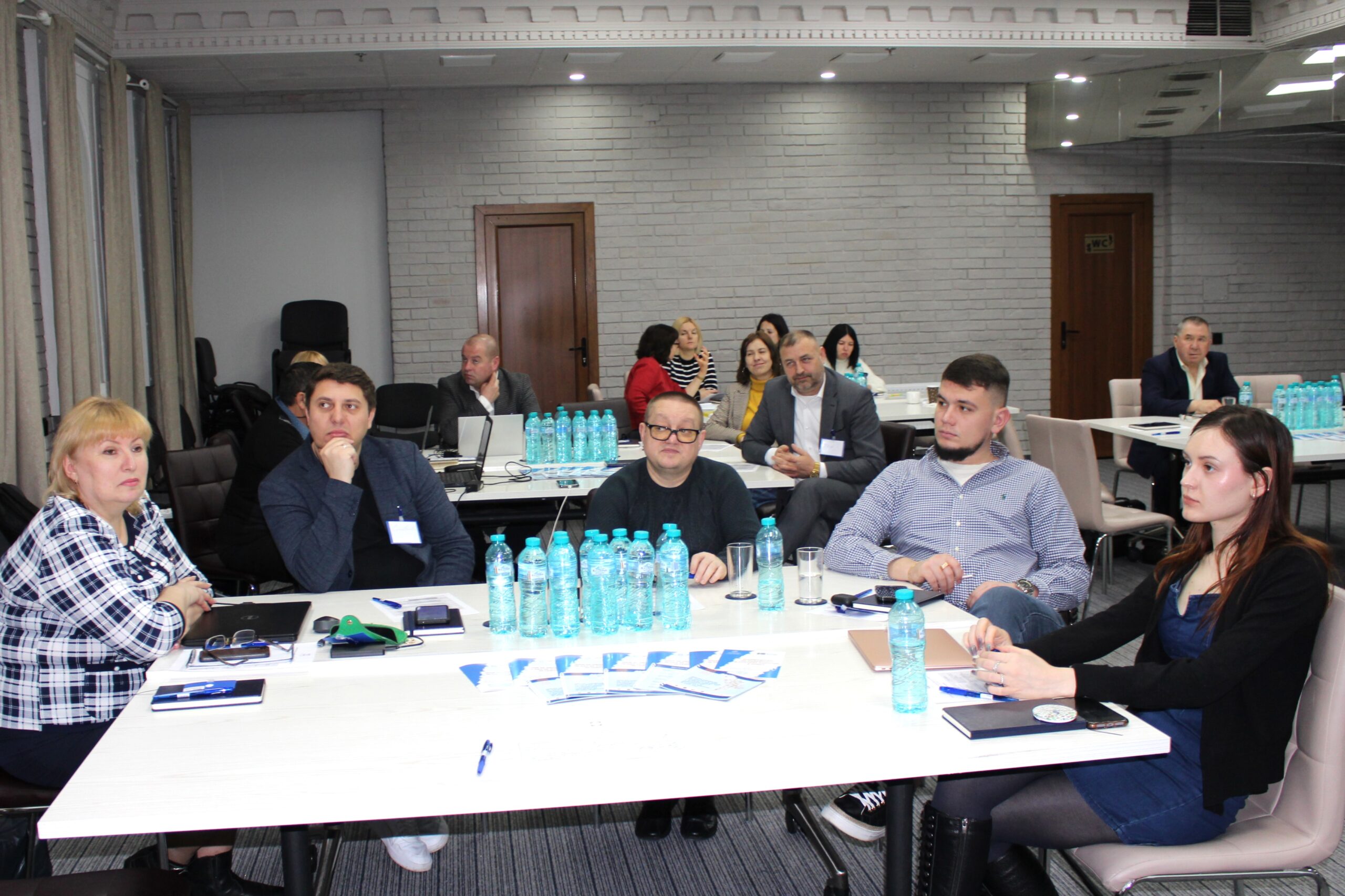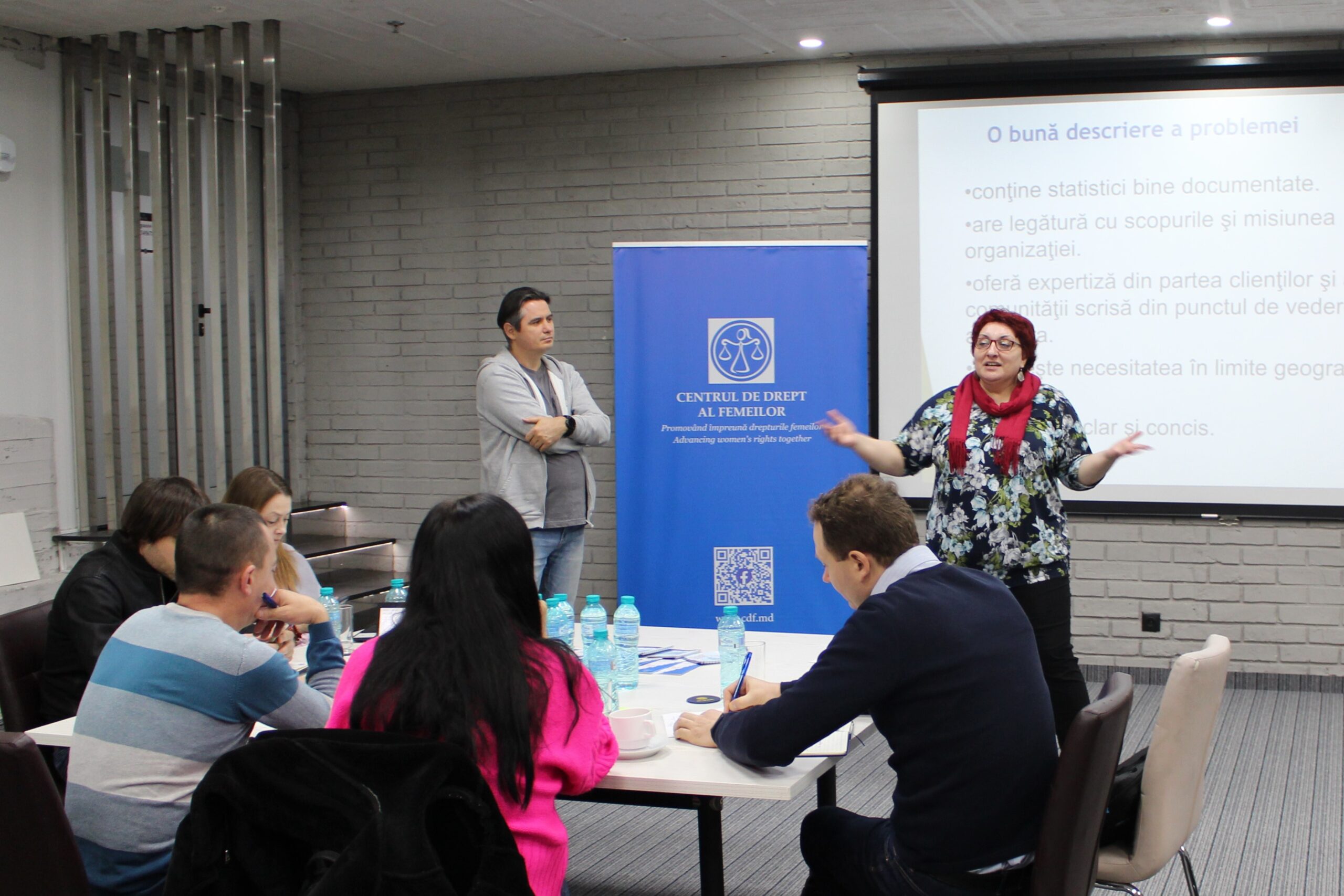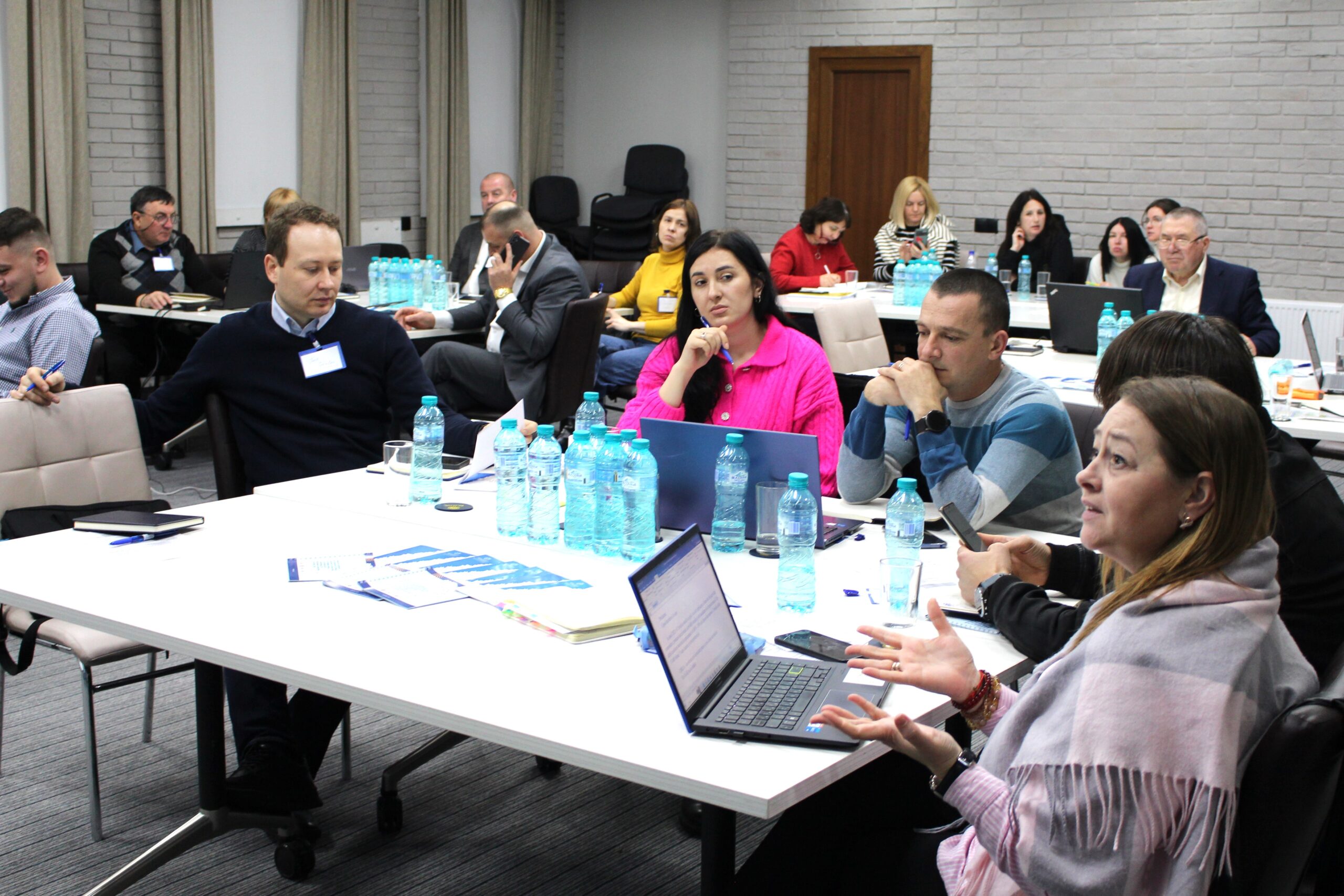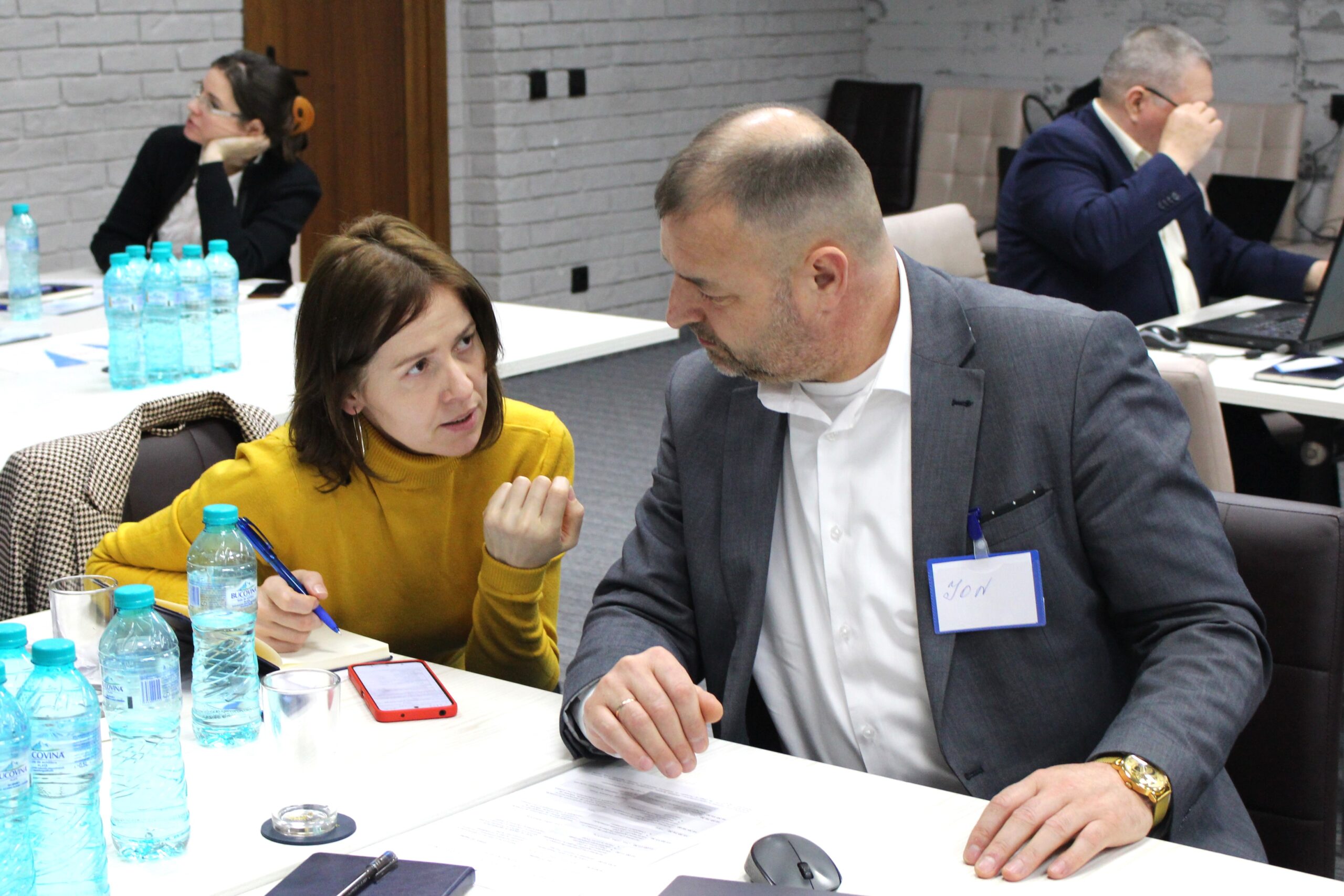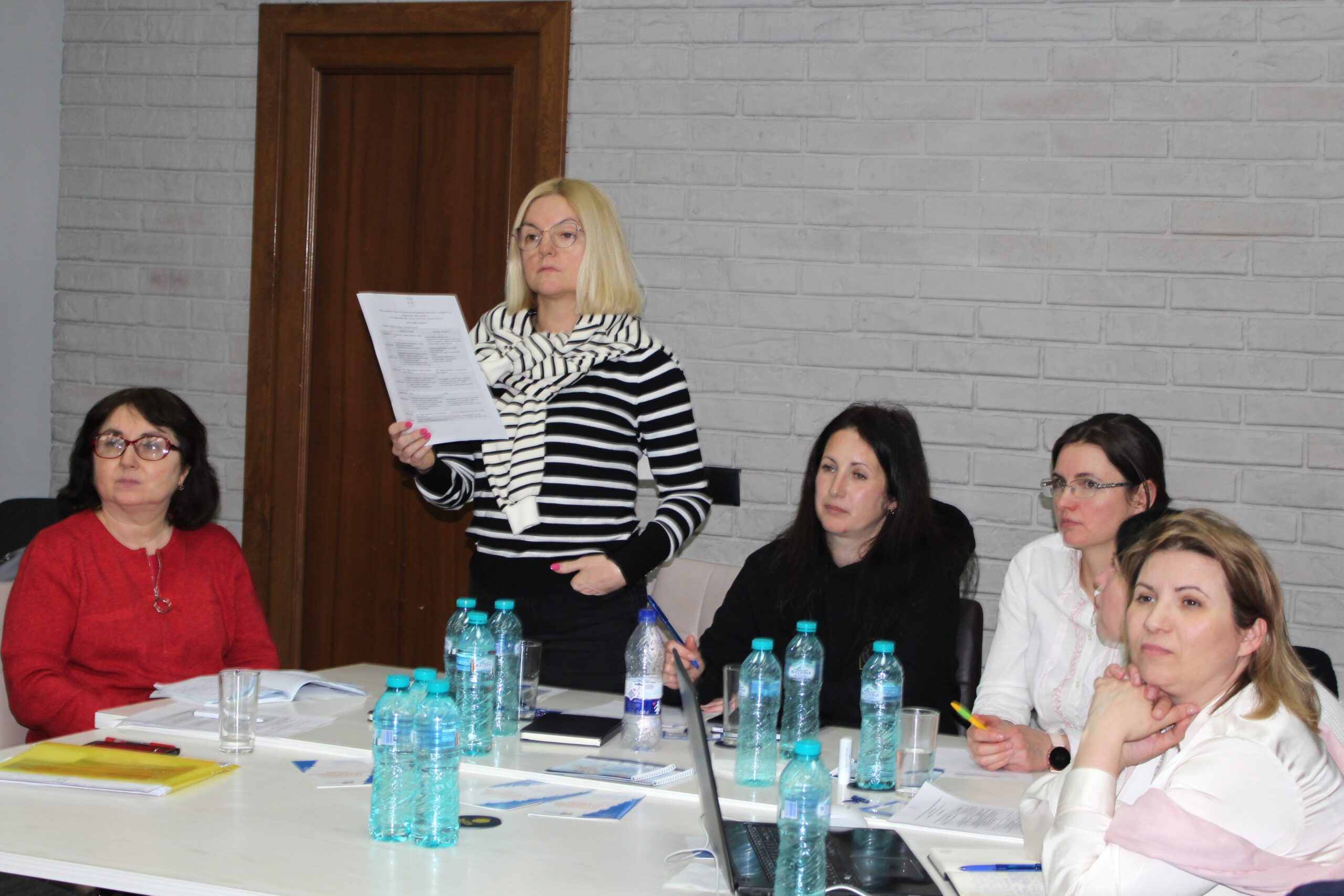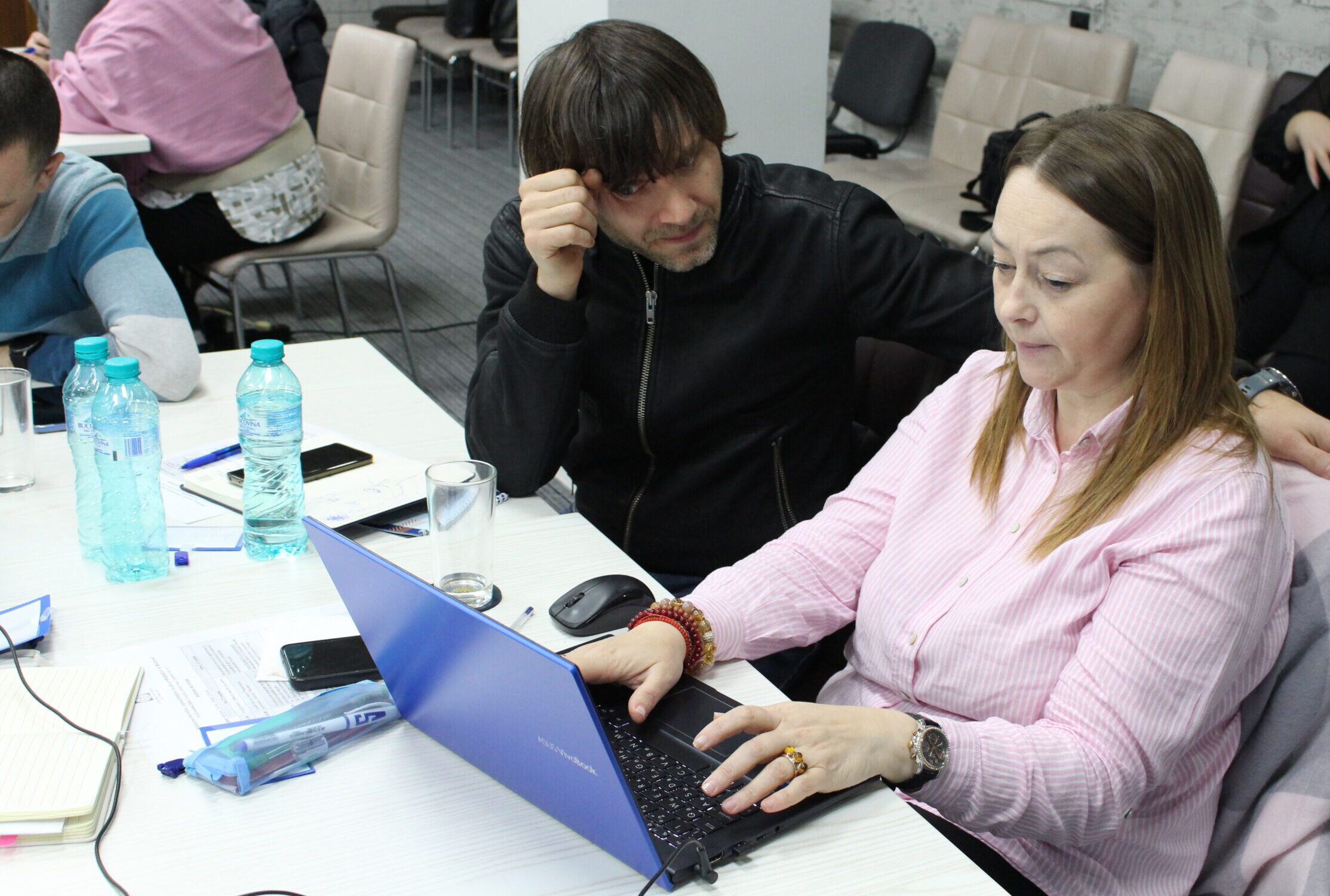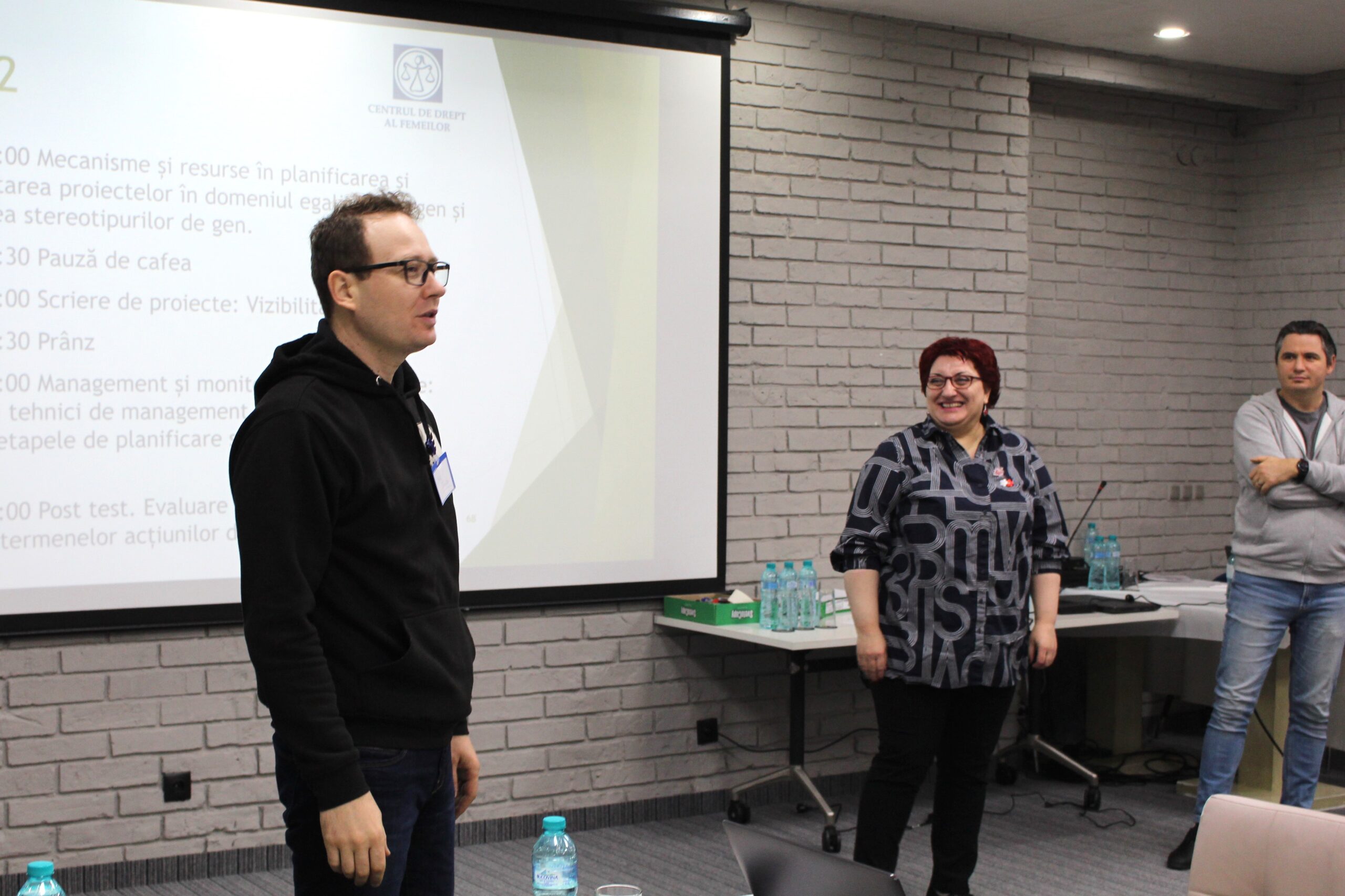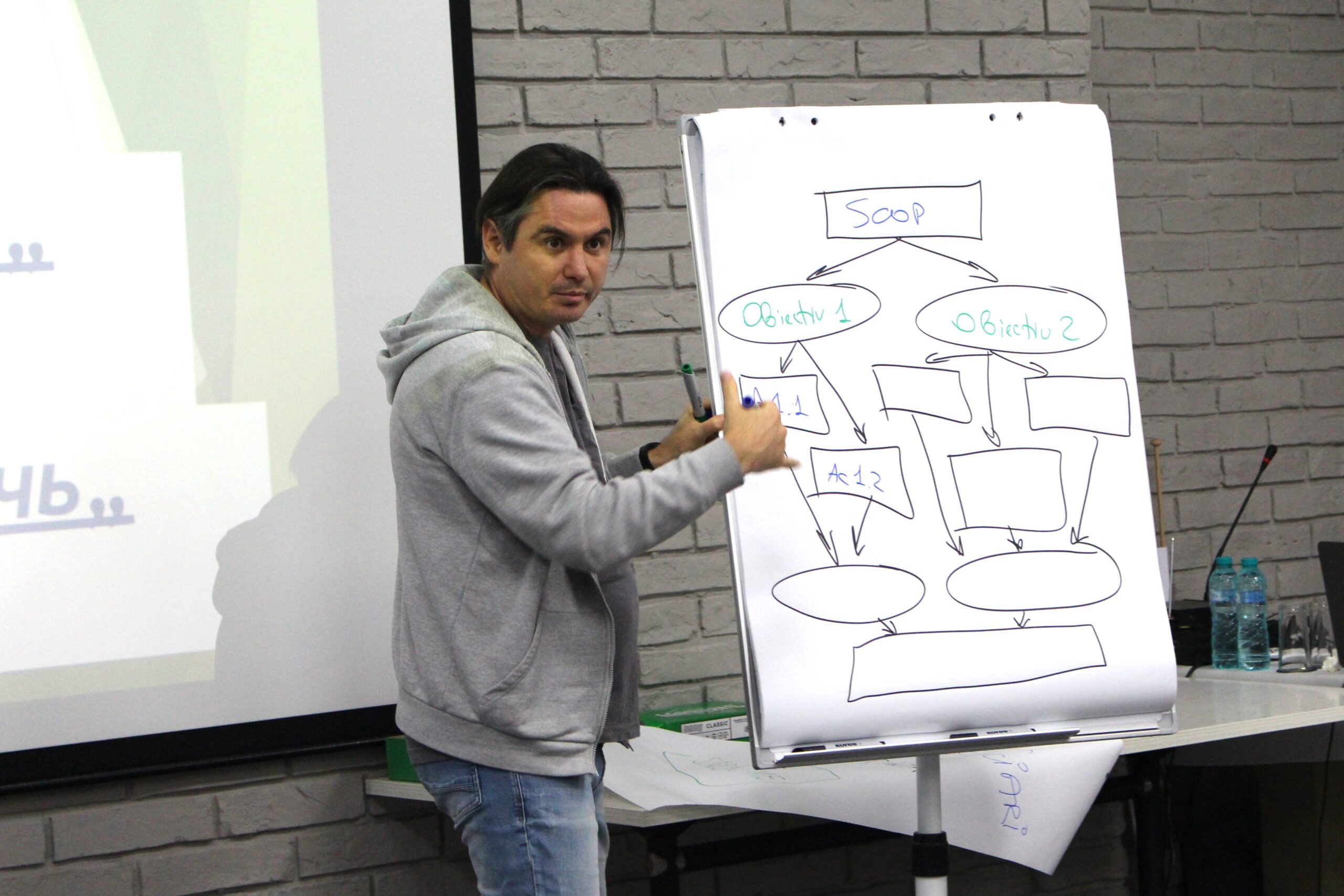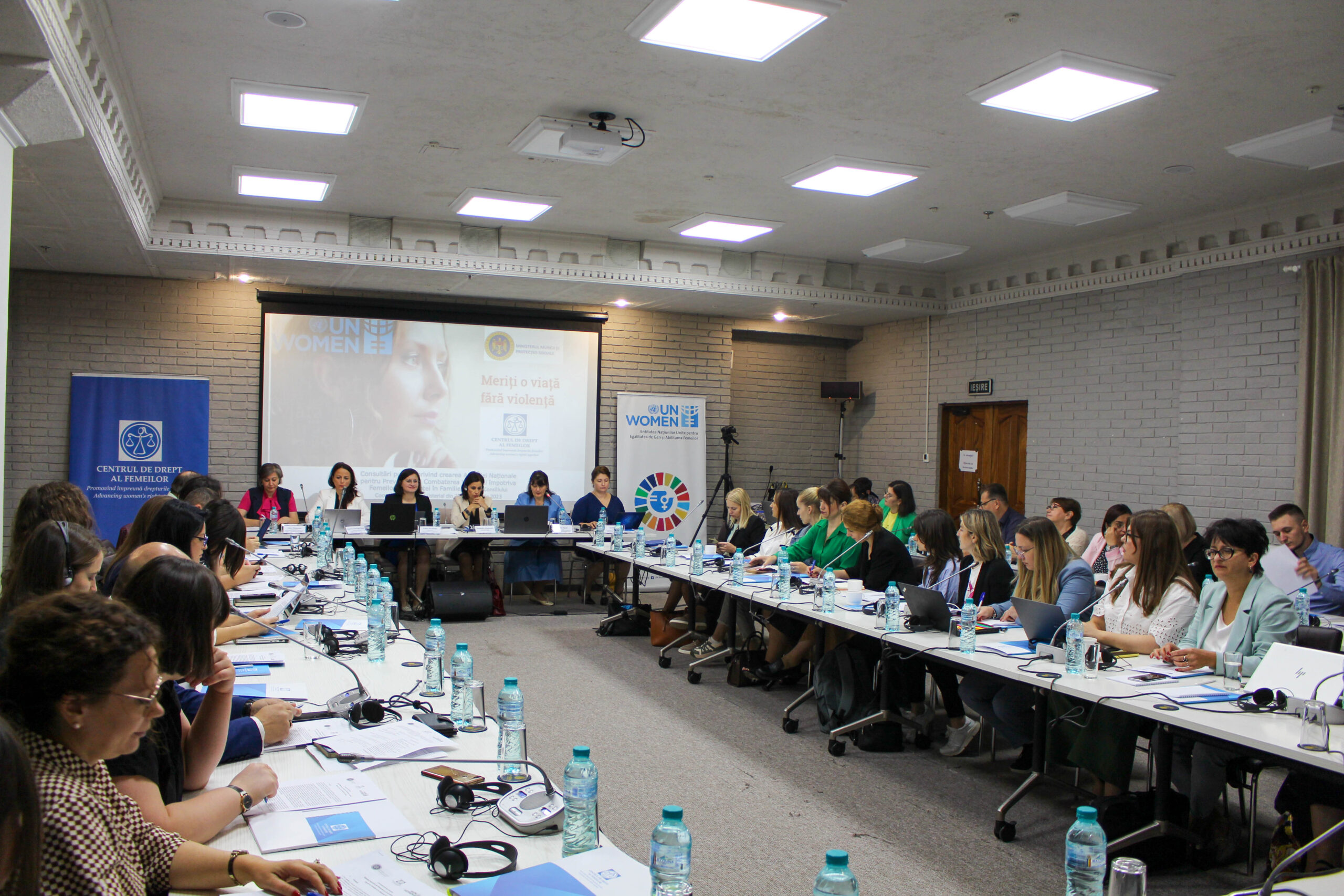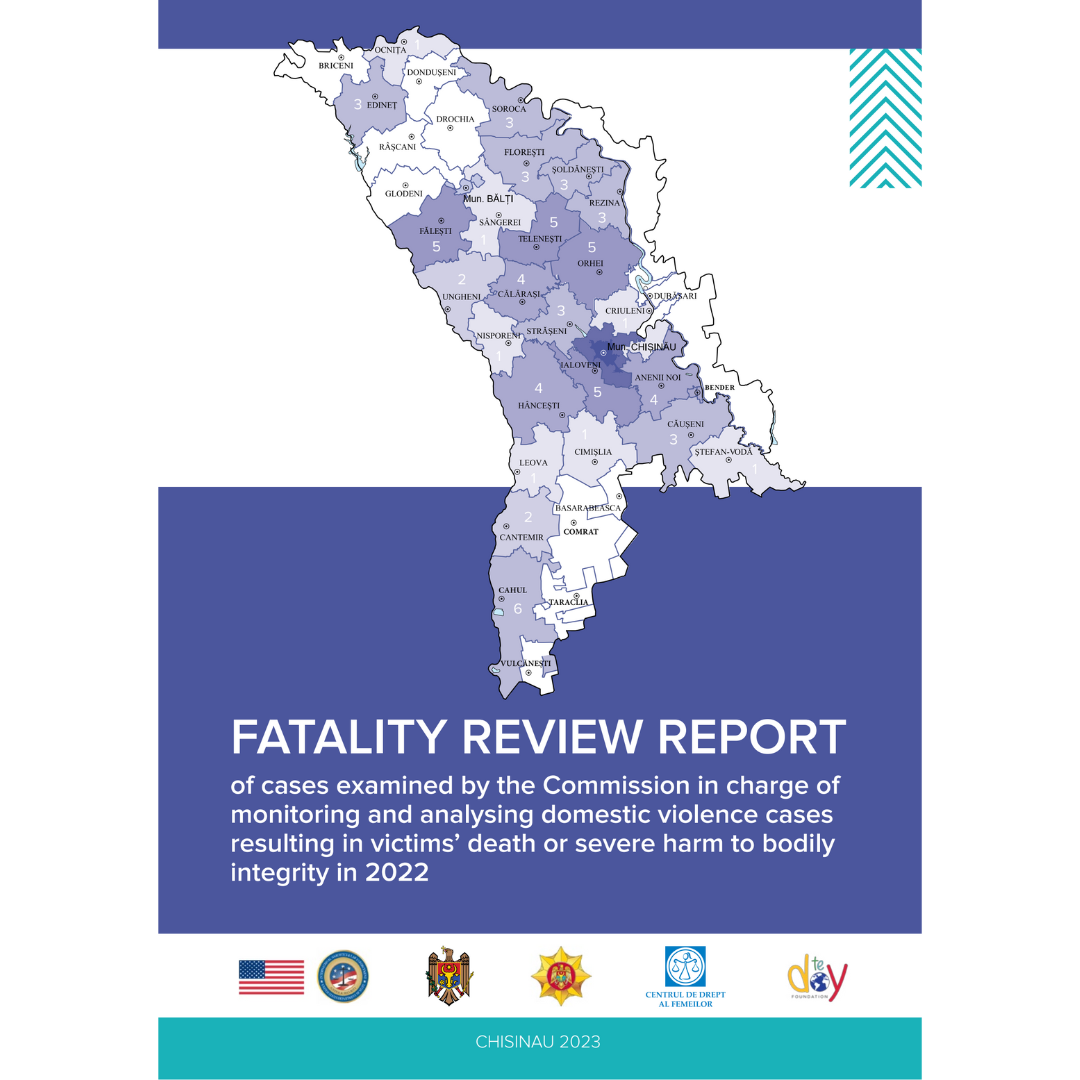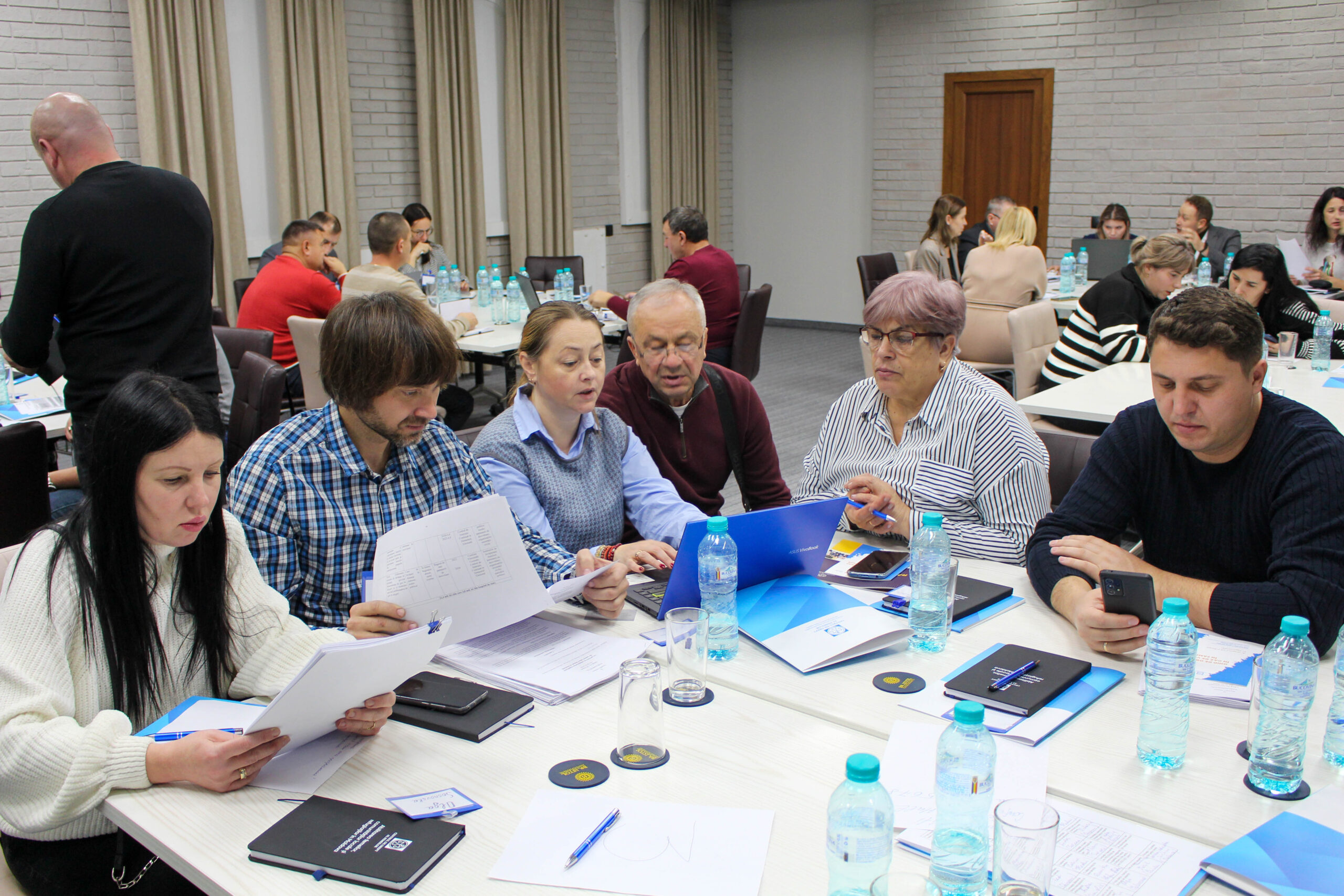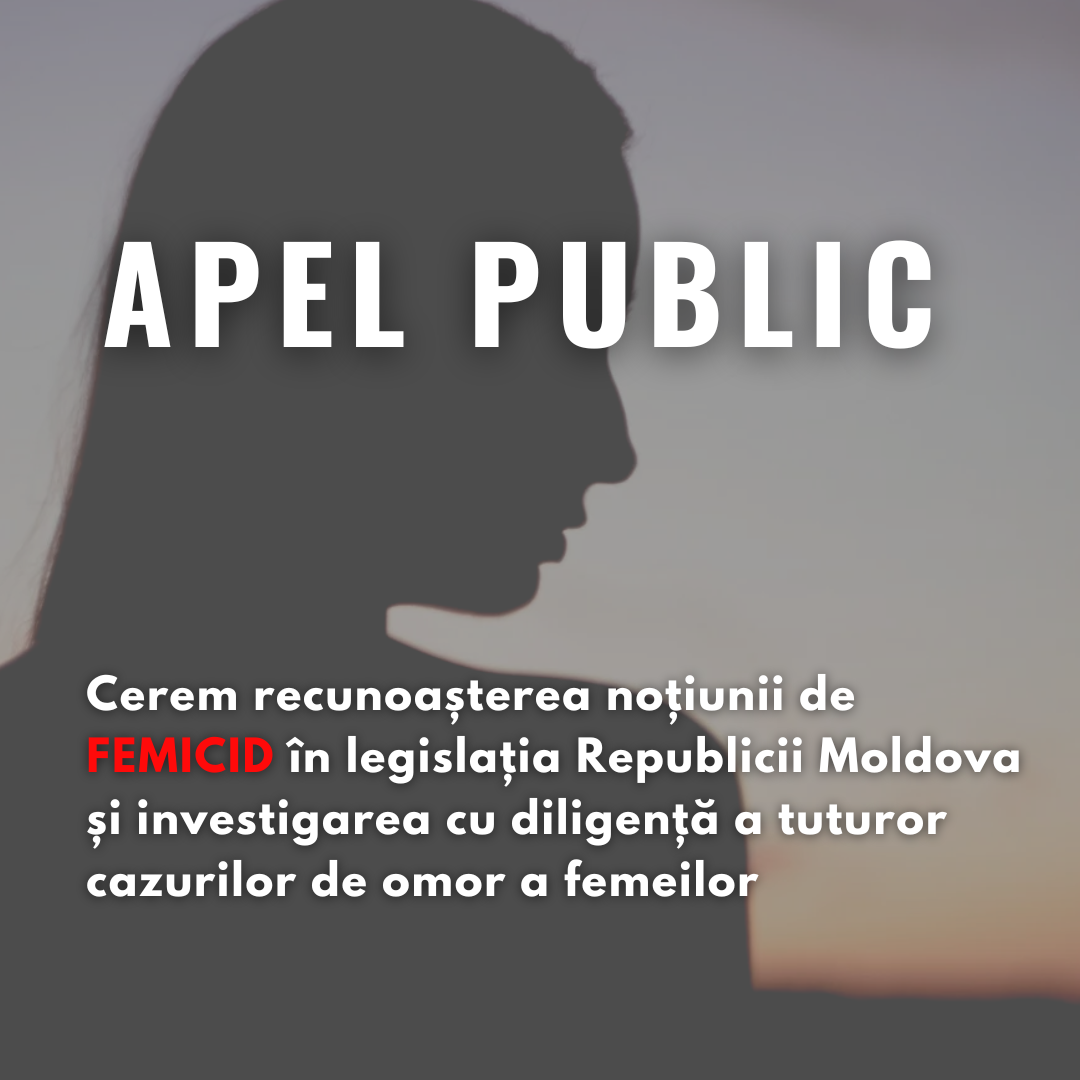Introducing Gender Equality Initiatives in Moldova: From Idea to Action – Workshop on Project Proposal Writing in the Field of Gender Equality with the Participation of Local Agents of Change
Local leaders from the 10 districts of Moldova, selected within the project “Empowering Women, Local Communities, and Refugees in Moldova,” participated in a training session on March 21-22 on writing project proposals in the field of gender equality and combating gender stereotypes.
The aim of the training was to provide participants with skills and resources necessary to develop project proposals that address issues related to gender equality, discrimination, or domestic violence identified in their districts. Ten projects will be selected, and participants will receive grants of $10,000 each, provided by the Women’s Law Centre, with the financial support of the United Nations Democracy Fund, for the implementation of local initiatives in the districts of Orhei, Soroca, Glodeni, Căușeni, Ștefan Vodă, Ialoveni, Criuleni, Cimișlia, Dondușeni, and Florești.
Through the training program and funding provided, we aim to encourage project participants to act as agents of change and promoters of gender equality. Their implemented projects will effect change at local, regional, or institutional levels and will contribute to the active involvement of women, men, and relevant authorities in combating gender stereotypes, shaping behaviors, and redefining gender roles, with the aim of identifying viable solutions to local gender equality needs.
The first day of training focused on practical aspects of writing a project proposal, covering all essential elements, including:
- Describing the problem and identifying the target group;
- Mapping local actors and identifying partners;
- Establishing the project’s purpose and objectives;
- Creating a timeline of activities;
- Defining desired outcomes and success indicators;
- Identifying potential risks and developing prevention and intervention measures;
- Efficient project budget management and financial management.
The second day was full of inspiration and valuable perspectives. During the panel discussion with representatives from key areas, participants learned about mechanisms and resources in planning and implementing projects in the field of gender equality:
Galina Gavriliță, Senior Consultant, Public Policy and European Integration Department, as one of the workshop speakers, presented actions and measures to promote gender equality in the field of education implemented by the Ministry of Education and Research.
Daniela Palii, Senior Consultant, Gender Equality Assurance Policy Department at the Ministry of Labor and Social Protection, presented gender equality promotion policies adopted and implemented by the ministry, as well as key priorities in preventing and combating violence against women and family violence.
Mariana Carabanov, Senior Officer in the Implementation, Monitoring, and Reporting Section, Project Management Directorate, General Police Inspectorate, shared her experience of involvement in projects, actions, and measures to promote gender equality and combat sexual harassment within the institution.
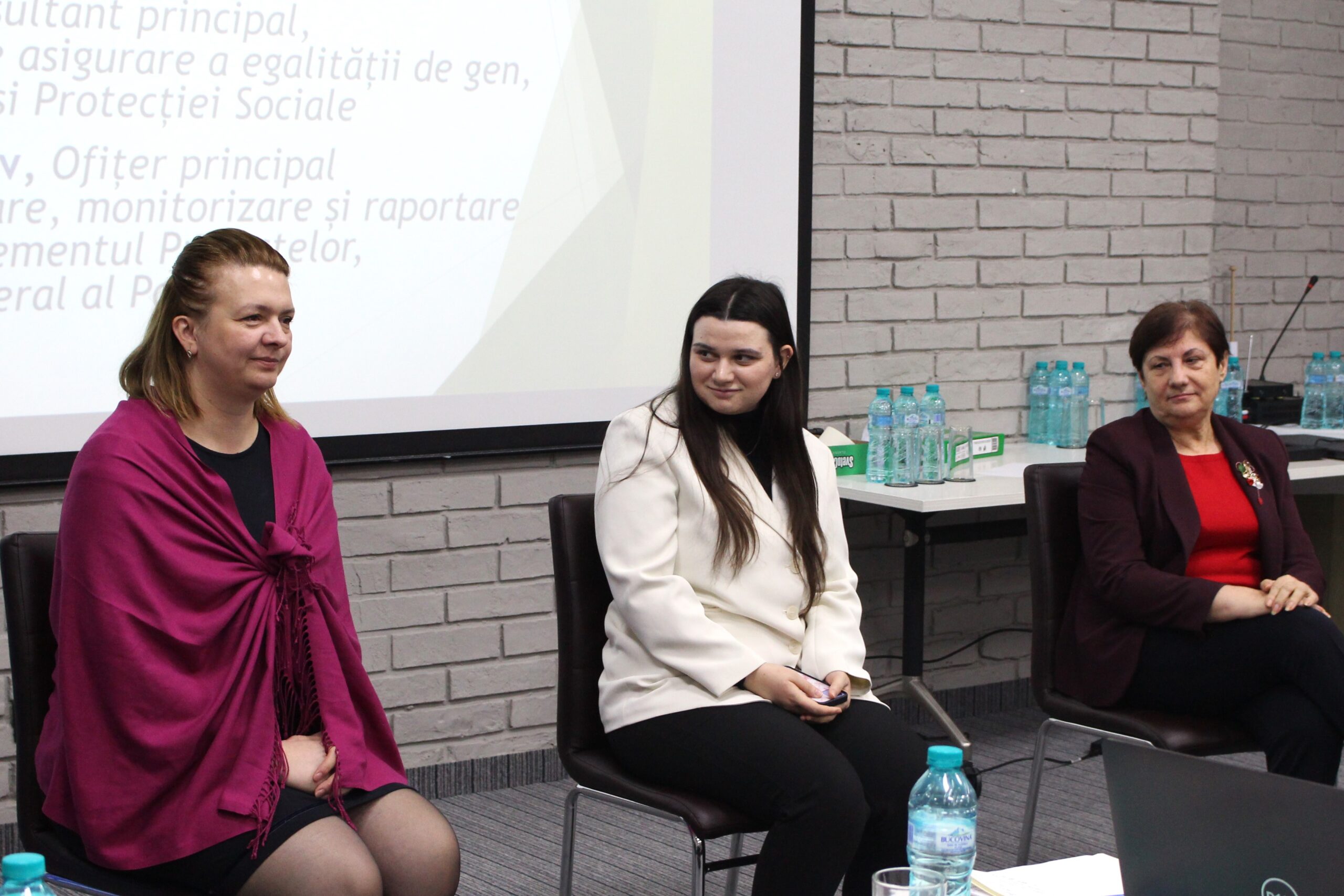
Furthermore, participants had the opportunity to explore project management and monitoring principles and techniques, learning about the planning and implementation stages of a project.
It is worth mentioning that in the initial stage of the application procedure, participants have already developed concept notes in which they briefly presented the gender equality-related issue identified in their community, the group they intend to work with, the beneficiaries of the local initiative, and listed the activities to be implemented. The second stage of the application procedure, namely writing and submitting project proposals, will follow next. At the end of the evaluation procedure, the Women’s Law Centre will approve 10 project proposals submitted by the grant applicants.
The training is conducted within the project “Empowering Women, Local Communities, and Refugees in Moldova” implemented by the Women’s Law Centre, with financial support from the United Nations Democracy Fund (UNDEF).
